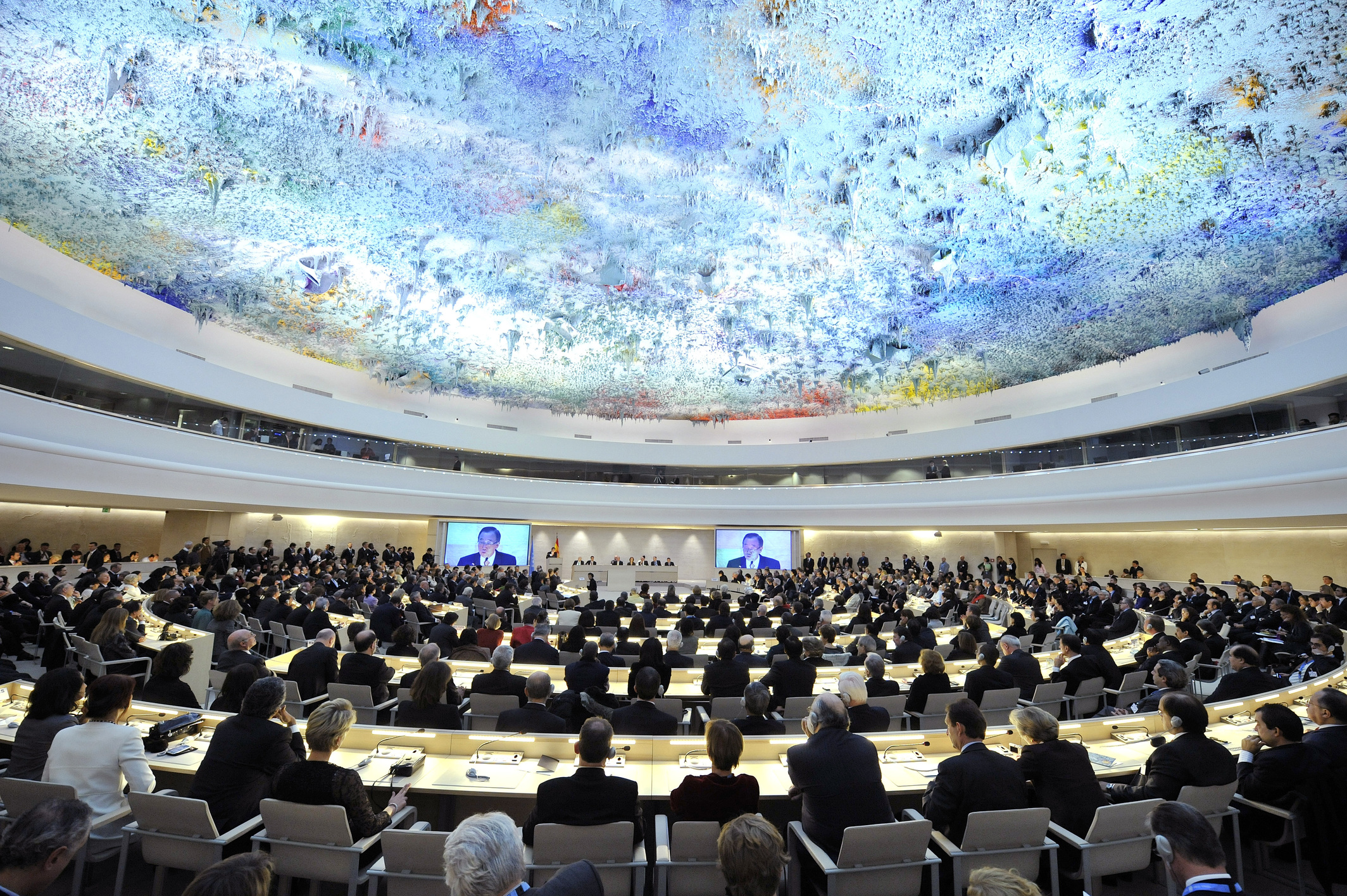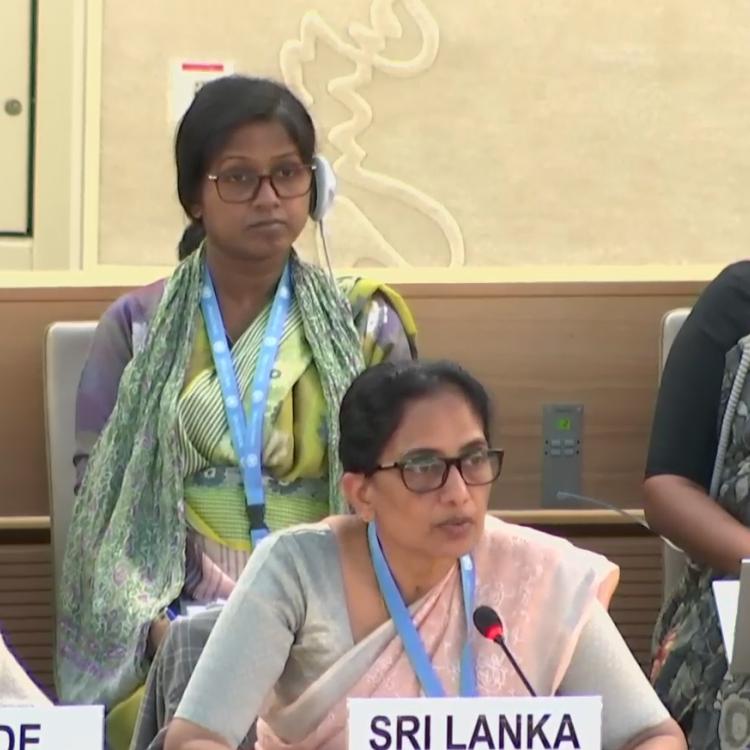
The Sri Lanka Core Group at the 58th session of the UN Human Rights Council (UNHRC) has once again extended diplomatic goodwill towards Colombo, welcoming a series of superficial measures while Sri Lanka continues to reject international accountability and refuses to prosecute a single war criminal.
Comprising Canada, Malawi, Montenegro, North Macedonia, and the United Kingdom, the Core Group acknowledged the “peaceful elections and smooth transition of power” to Anura Kumara Dissanayake’s government, urging Sri Lanka to seize this opportunity to address its deep-rooted human rights violations and unresolved war crimes.
However, despite their encouragement, not a single Sri Lankan military official has been held accountable for the tens of thousands of Tamil civilians massacred in 2009. The state’s continued rejection of UN resolutions and international mechanisms underscores that these gestures—however well-intentioned—are being met with a government determined to evade justice.
The Core Group praised Sri Lanka for taking “initial steps”, including “returning land, lifting roadblocks, and allowing communities in the North and East to commemorate the past and to memorialise their loved ones”.
The appreciation from the Core Group comes even as Tamils continued to face torture and arrest by the Sri Lankan security forces, which continue to occupy vast swathes of land across the North-East. The Sri Lankan state remains heavily militarised, with tens of thousands of soldiers still occupying Tamil land, and security forces continuing to surveil and harass civil society actors—a fact even the Core Group acknowledged.
The Core Group noted Sri Lanka’s promise to repeal the draconian Prevention of Terrorism Act (PTA)—a law that has been used for decades to arbitrarily detain and torture Tamils—but stopped short of demanding immediate action. Instead it said it would “encourage” the release of those currently detained.
In its statement, the Core Group urged Sri Lanka to “ensure that any future transitional justice mechanisms are independent, inclusive, meaningful, and meet the expectations of affected communities”.
The words are a far cry from what the Tamil people have been demanding for more than 15 years – an international, independent accountability mechanism.
Instead, Sri Lanka continues to push domestic mechanisms—such as the Office on Missing Persons (OMP) and the Office for Reparations—which have proven to be ineffective tools that serve only to delay and obscure justice. For years, Tamil families have denounced these bodies as cover-up operations.
The Core Group’s statement comes as Sri Lanka once more rejected a UN resolution on accountability for war crimes.
Read the full text of the Core Group statement here.

